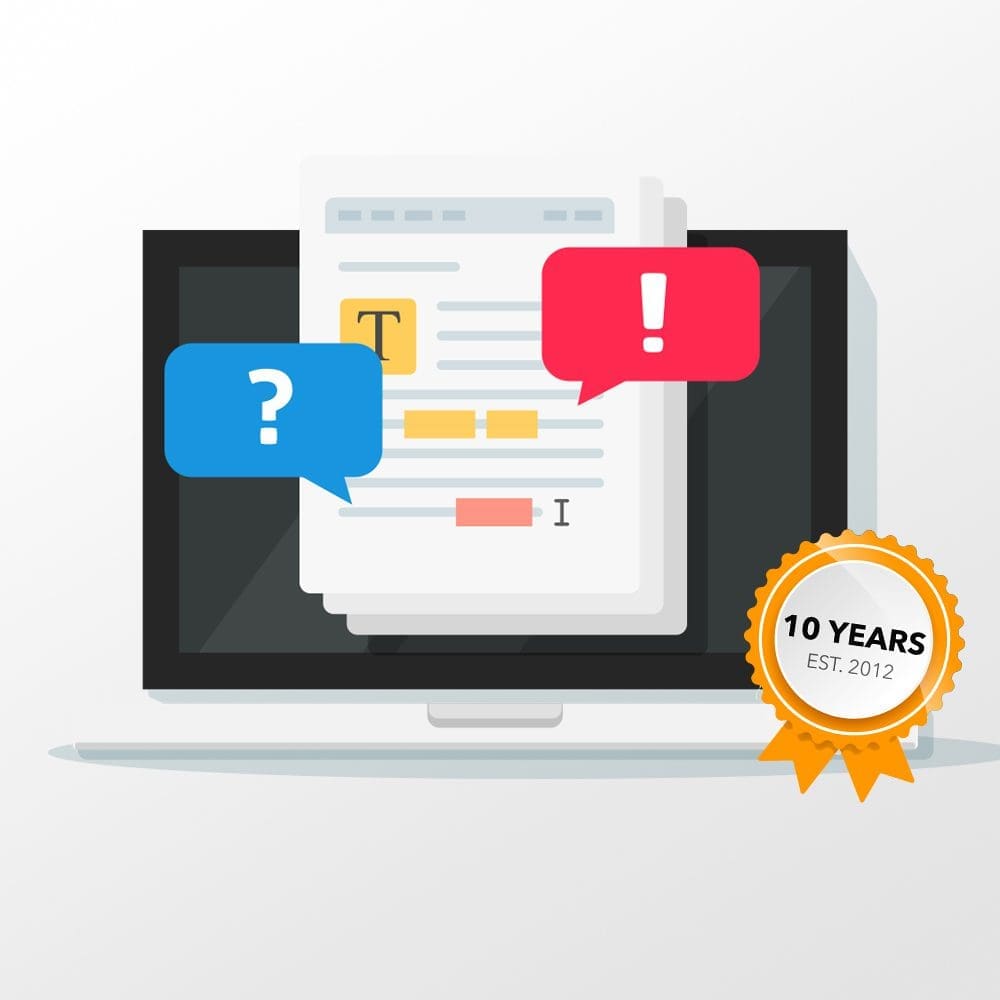Artificial intelligence, or AI, is a fascinating and complex field that has profoundly influenced our world in countless ways. The advancements we see are truly mind-boggling, and it’s easy to get lost in the hype. However, it’s important to remember that not everything that glitters is gold. This phrase is particularly relevant when it comes to the AI model known as ChatGPT.
The Illusion of Intelligence
ChatGPT is often lauded for its seemingly intelligent responses. However, we must acknowledge that despite its name, “artificial intelligence,” ChatGPT is not truly intelligent. What we observe is not genuine comprehension or knowledge, but rather the output of complex algorithms and programming.
In essence, ChatGPT is an incredibly sophisticated machine that generates plausible-sounding responses. It’s a magnificent testament to the progress of technology, but it lacks the depth and nuance of true intelligence.
Fact or Fiction?
A particular challenge that arises from using ChatGPT is the difficulty in distinguishing fact from fiction. The system can sometimes produce factual and accurate statements, mirroring the knowledge it has been trained on. At other times, it can present completely erroneous information with the same level of certainty.
This dichotomy can be confusing, leading users to believe they’re receiving reliable information when that’s not always the case. As such, a golden rule to remember is to regard everything ChatGPT says as questionable until proven otherwise.
The Importance of Checking
Given the potential for misinformation, it’s critical not to blindly trust what ChatGPT says. Fact-checking is your best tool to verify the information provided by this AI. By doing so, you can separate the wheat from the chaff, ensuring that you’re not led astray by inaccuracies.
Once you’ve fact-checked what ChatGPT has said, you can use that information as a reliable source. In essence, the process of fact-checking not only helps you validate the information but also equips you with a more trustworthy source of knowledge.
The Role of Collaboration
But what if you don’t have the means to fact-check the information yourself? In such cases, don’t hesitate to seek help. Ask someone who might know or have the resources to verify the information.
Consider ChatGPT as a stranger with an unknown background. You wouldn’t readily trust a stranger without knowing their credentials or expertise, right? The same principle applies to ChatGPT. While it might occasionally provide accurate and valuable insights, it could also present misguided information. Therefore, it’s best to approach it with a healthy dose of skepticism and critical thinking.
Stay Encouraged
Above all, don’t let the challenges of dealing with AI like ChatGPT discourage you. Embrace the experience as an opportunity to grow and learn. Continue to question, continue to explore, and continue to fact-check. Navigating this complex landscape of AI may be daunting, but remember to stay encouraged.
In this ever-evolving world of technology, staying informed, questioning sources, and ensuring the accuracy of information are more important than ever. As we continue to interact with AI models like ChatGPT, let’s do so with a clear understanding of their limitations. Let’s learn from them, but let’s also remain critical, ensuring that we are not just passive recipients of information but active, discerning users.
